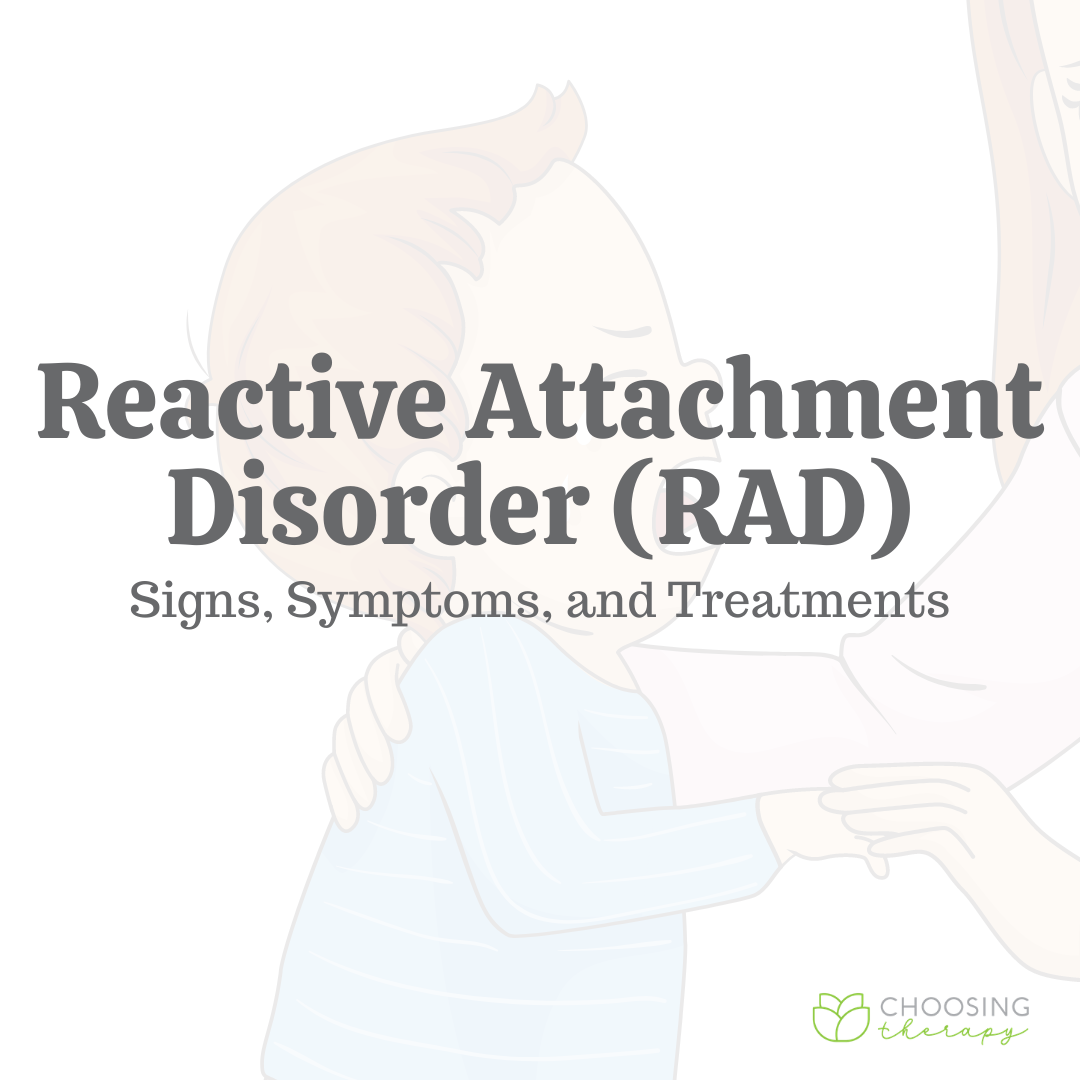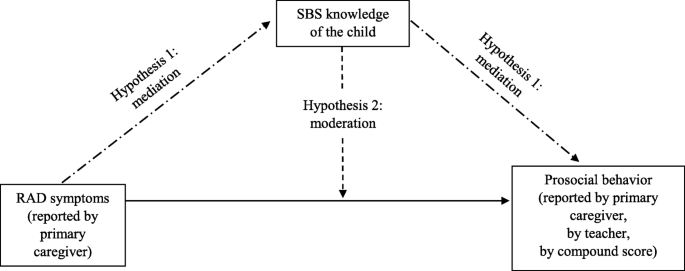

Resistance to giving and receiving love despite craving it.

Inability to develop and maintain significant relationships, romantic or otherwise.Signs and Symptoms of Reactive Attachment Disorder in AdultsĬertain behaviors, as well as inner emotional experiences, indicate reactive attachment disorder in adults. Anxiety disorders, depressive disorders, dissociative disorders, and personality disorders are commonly experienced by people with reactive attachment disorder or other attachment problems. Reactive attachment disorder in adults can also put someone at risk for other mental disorders. Without forming a bond with a caregiving adult, the person often has great difficulty forming and/or maintaining future social and intimate relationships. The first attachment relationship is important in paving the way for future relationships. Perhaps the biggest risk reactive attachment disorder has in adults is with relationships. This is especially true for those who haven't received treatment for reactive attachment disorder. RAD also causes low self-esteem and sense of self-efficacy the lack of support and attachment from birth results in adults who don’t believe in themselves and their ability to live well. Reactive attachment disorder in adults can mean poor adjustment in many areas of life. Infants and young children with reactive attachment disorder face long-term risks that have consequences in their adulthood.

Risks of Reactive Attachment Disorder in Adults Reactive attachment disorder in adults can involve significant psychopathology - dysfunction in thoughts, feelings, and behaviors.
Reactive attachment disorder dsm 5 manual#
While according to the American Psychiatric Association’s (2013) Diagnostic and Statistical Manual of Mental Disorders, Fifth Edition (DSM-5), reactive attachment disorder must be diagnosed between the developmental ages of nine months and five years, its effects are long-lasting, often extending into adulthood. The basic human need for protection, safety, and trust goes unmet and sometimes causes reactive attachment disorder ( Effects of RAD in Teens and Children). Severe neglect prevents an infant from forming an attachment to a caregiving adult. Reactive attachment disorder is a trauma disorder of infancy and early childhood. Unspecified anxiety disorder DSM-5 Categories: Specific Phobia Diagnostic Criteria A.The effects of reactive attachment disorder (RAD) in adults can be significant, interfering with someone’s ability to fully experience relationships, a positive sense of self, and mental health in general. Substance/ Medicine Induced Anxiety Disorder/due to another medical condition

Reactive attachment disorder dsm 5 plus#
Second most prevalent disorder for men (about 19%) - (alcohol abuse and major depression = leading cause)Ĭommon that if diagnosed with one anxiety disorder to have other anxiety disorders plus a mood disorder DSM-5 - Anxiety Disorders Separation Anxiety Disorder (new) Most common kind of disorder for woman - affects 30% of women sometime in their life TERMS IN THIS SET (34) ANXIETY DISORDERS Unrealistic, irrational fear or anxiety of disabling intensity at its core and as its principal and most obvious manifestation


 0 kommentar(er)
0 kommentar(er)
